
ZAR UND ZIMMERMANN
Albert Lortzing
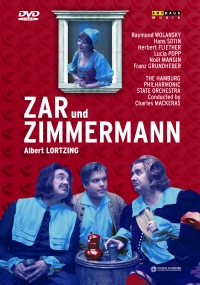




Albert Lortzing
ZAR UND ZIMMERMANN
1969
Soloists:
Lucia Popp, Hans Sotin, Raymond Wolansky
Orchestra, Chorus:
Chor, Ballett und Philharmoniker der Staatsoper Hamburg
Conductor:
Sir Charles Mackerras
Director:
Rolf Liebermann
What better legacy could an opera-house director leave behind him than a string of excellent theatrical productions! Rolf Liebermann (1910-1999), who was actually a composer, certainly succeeded in doing this – particularly during the 14 years from 1959 to 1973 that he spent in charge of Hamburg State Opera. During the Liebermann era the company in this northern German city embarked on a new artistic and administrative course that had - and still has - an impact on the entire operatic scene in central and Western Europe. It is significant in terms of Rolf Liebermann’s artistic credo that he selected Joachim Hess’ 1969 production of Zar und Zimmermann to be included amongst the august ranks of his 13 opera films. What he was clearly trying to achieve was as varied as possible a documentation of the performing capabilities of the Hamburg opera company during this period. Millions of television viewers (in those days) were to be given the opportunity to share the experience. It may seem strange nowadays, but all that needs to be said regarding the production is that the story, in terms of libretto and music, has been realised on a simple 1:1 basis – with all the technical skills available to film-makers in the late 1960s.
Label:
Arthaus Musik
Genre:
Oper
Running Time:
131
Picture Format:
4:3
Sound Format:
Dolby Digital (Mono)
Number of Discs:
1
Region:
0
Languages:
DE
Subtitle Languages:
DE, FR, GB, IT, ES
EAN:
0807280126990
UPC:
807280126990
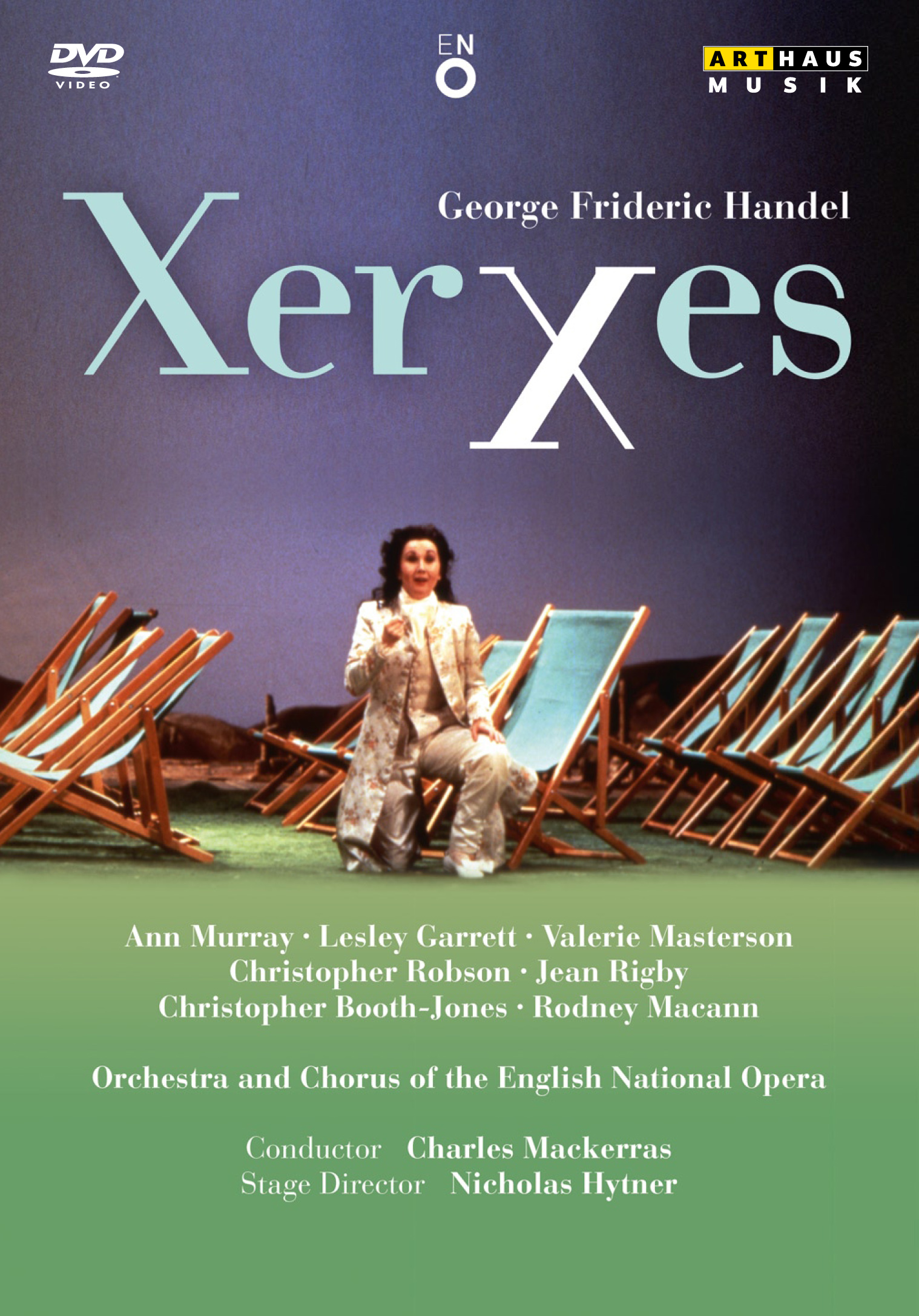
George Frideric Handel
Nicholas Hytner’s highly innovative production of Handel’s comic opera won the coveted Laurence Olivier Opera Award. This live recording from the English National Opera stars Ann Murray as Xerxes, whose love for Romilda, sung by Valerie Masterson, sets off a series of love intrigues. The designer, David Fielding, has produced a(...)
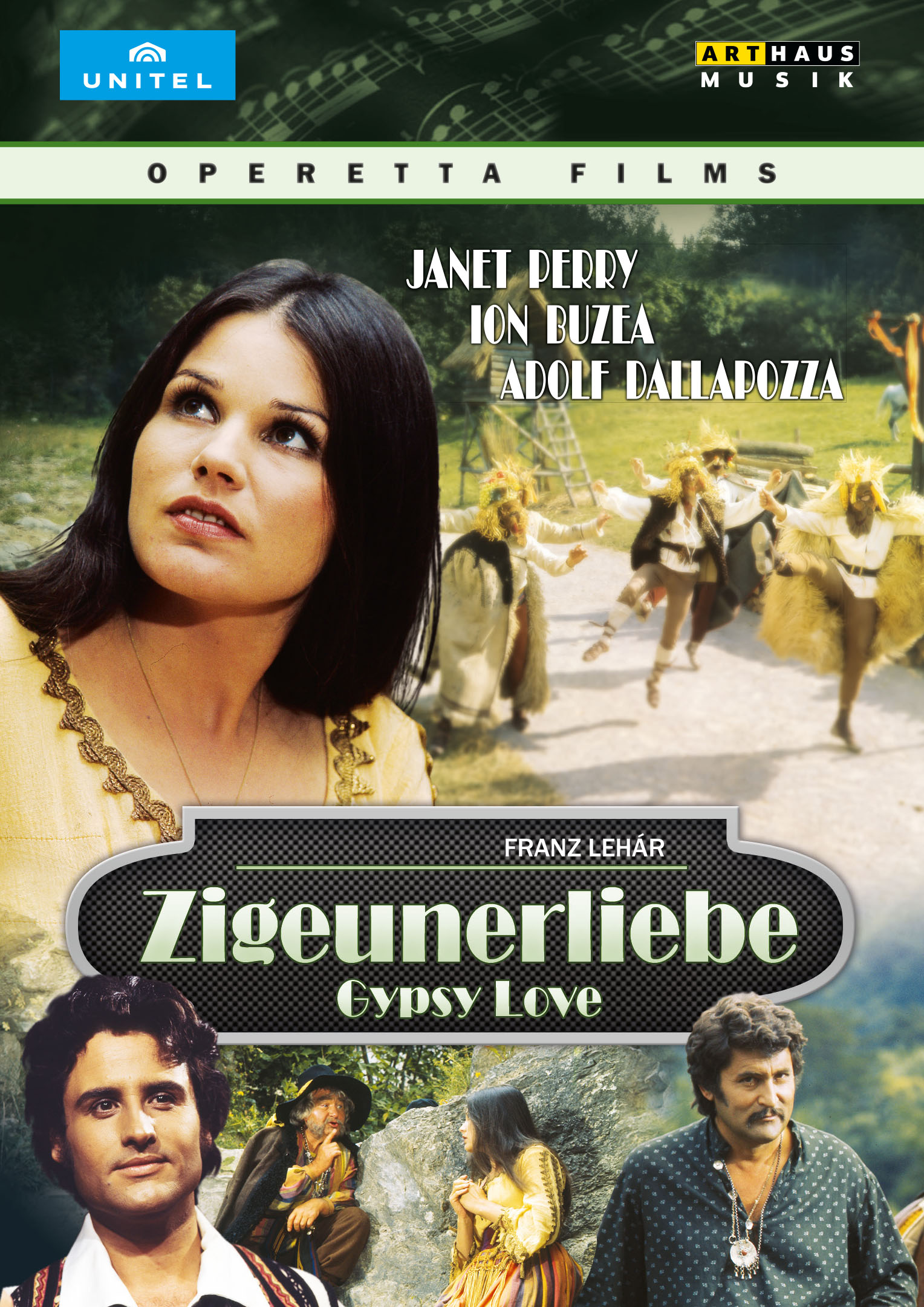
Franz Lehár
Franz Lehár (1870-1948) found remarkably expressive and brilliantly colorful sounds for the drama and romantic moods of this unique topic. The style was decisively influenced by the familiar cadence of Hungarian gypsy music in the composer‘s native country. This is not only evidenced by the csárdás rhythms or the inclusion of the(...)









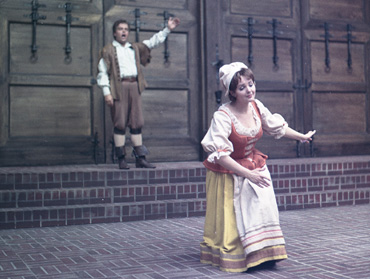
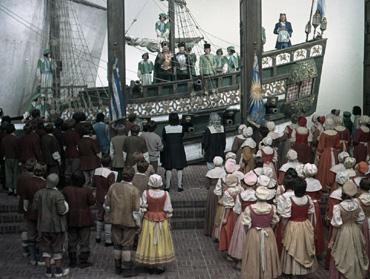
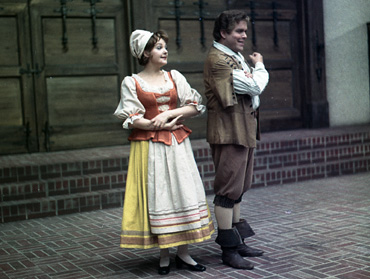
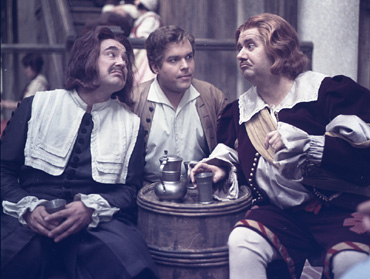
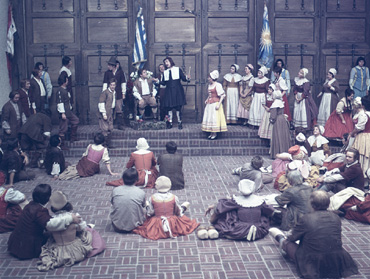
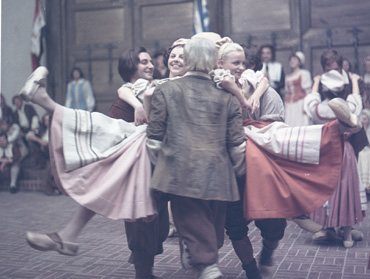
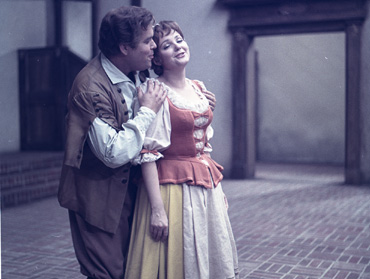
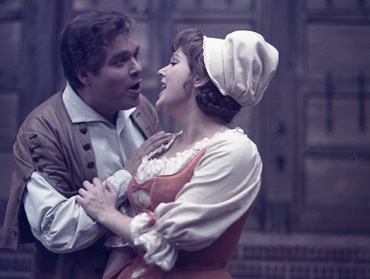
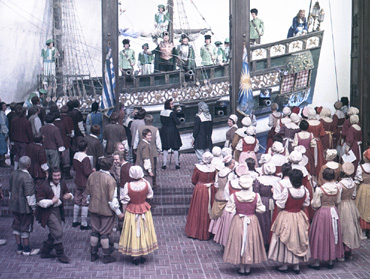
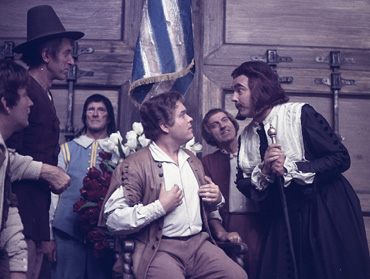

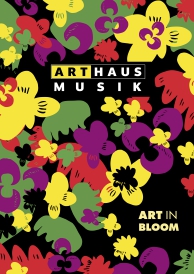 PDF Download (5,5 MB)
PDF Download (5,5 MB)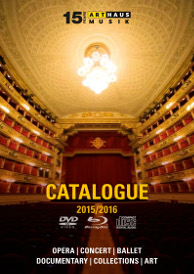 PDF Download (6,7 MB)
PDF Download (6,7 MB)